Mississippi voters feel betrayed by their government.
"No special session, no re-election!” wrote Donnie Collins on May 18, “We have spoken! #TateReeves do the right thing! We are watching!”
The outraged medical cannabis advocates in Mississippi have made their position clear and professional polling data confirms that voters across the state stand with them. The people of Mississippi reject their Supreme Court’s recent 6-3 decision, which killed the state’s medical cannabis program in its infancy.
Collins, a prospective medical cannabis patient and entrepreneur, echoed the sentiments of thousands of Mississippi voters in his Facebook group post.
“We Are The 74” is one of several groups that came alive with outrage at the decision.
Before the ruling, the group had under 300 members. Within days, Collins and his fellow admins rallied, membership grew by the thousands, and concrete plans to protest the decision came together.
Some lawmakers signaled their willingness to convene a special session, but only the governor can authorize such a move. Mississippi medical cannabis advocates feel cheated and they’re taking the fight right to Governor Tate Reeves’s doorstep.
The message from activists, industry and patients is clear:
Mississippi voters chose medical cannabis.
Mississippi voters want medical cannabis.
Mississippi voters will have medical cannabis. Or there will be electoral consequences.
What Happened to Mississippi’s Medical Cannabis Law?
In November 2020, voters approved Initiative 65 to create a medical cannabis program by a wide margin. They favored the citizen-proposed plan over a watered-down legislative alternative (I-65A) by 74 percent. Six months after their successful campaign ended, the Court has dismissed the voters with a decades-old technicality.
“We note here,” wrote the Court in its May 15 decision, “that the state of Mississippi has failed over the last twenty years, to account for the loss of a congressional district.”
The six judge majority used this legislative lapse to strip Mississipians of their right to citizen ballot initiatives. They reasoned that advocates didn’t fulfil the requirement to get support from all five Mississippi districts. More than that, they claim that the state only has four districts, since the 2000 census cost the state a U.S. congressional seat.
The ruling makes citizen initiatives, including six efforts collecting signatures for 2022, impossible without legislative action.
Mississippi’s Legislature failed six times in the past twenty years to revise the districting laws. The Court majority says that failure is the voters’ loss. According to its ruling, the citizen initiative laws passed in 1992 haven’t been valid for over twenty years.
The ruling claims the system is “unworkable.” This despite initiatives concerning eminent domain and voter ID becoming law via citizen initiative a decade ago.
Mississippi’s medical cannabis program, which planned to begin issuing licenses no later than August, faced trouble from the beginning. Mayor Mary Butler, of Madison, filed her lawsuit over the inability of cities to prohibit dispensaries, according to remarks to the press. That inability isn’t what the Court attacked though.
The ruling ignores legal spirit to focus on specific language being outdated. It claims that since initiatives require support “from five districts,” while the state only has four U.S. Representatives, the Attorney General wrongly certified the initiative.
If the situation brings to mind a certain Joseph Heller novel, you’re not alone. Polling conducted by Chism Strategies indicates public support remains with I-65.
Public Polling on the Side of Medical Cannabis
A survey conducted two days after the ruling showed that 70 percent of likely voters want lawmakers to approve a program with wording that mirrors I-65. The polling revealed rare bipartisan support for the issue, with Republican, Independent, and Democratic voters approving medical cannabis at 60 percent, 76 percent and 82 percent, respectively.
Sixty-one percent called the decision wrong. Forty-five percent feel strongly enough to support impeaching the judges.
And the political peril doesn’t stop with the decision’s authors.
When asked about lawmakers’ attitudes towards medical cannabis, 80 percent said it would affect how they vote in 2022. Half viewed opposition to medical cannabis negatively with 34 percent saying they’re “much less likely” to vote for politicians who oppose it. Only a quarter of respondents would view opposition to medical cannabis positively.
A separate question showed a majority supporting a special session to address medical cannabis legalization. Though lawmakers, including Republican House Speaker Philip Gunn, signaled willingness in statements, many “We Are The 74” members doubt their sincerity.
Some Mississippi politicians expressed concern about the costs.
“Because Special Sessions are expensive,” Lt. Gov. Delbert Hosemann said in a statement, “my preference is to approach this situation in an organized fashion so when we do return we can minimize costs to taxpayers.”
Backlash To Ruling Swift and Strong
The pushback began with a fellow judge.
Justice James Maxwell noted, in his dissent, that the majority used a hypothetical of four districts, but “there have been zero changes to the five districts listed” in the Mississippi Code.
“I do have to point out,” Maxwell wrote, “that this federal injunction [creating four districts] deals only with federal congressional elections.”
Maxwell made clear that he wasn’t weighing the merits of I-65 or medical cannabis, but balked at notions of an unworkable system.
“The Attorney General, the Secretary of State, and the majority of voters who passed Initiative 65 and two prior initiatives [the 2011 ballot measures] believe that it works just fine.” Judge Maxwell made a compelling case, but only two of his colleagues joined in defending citizen initiatives.
Patient advocate groups made their displeasure known as well.
“It’s a sad day for Mississippi,” said Ken Newburger, Executive Director for the Mississippi Medical Marijuana Association (3MA), “when the Supreme Court communicates to a vast majority of the voters that their vote doesn’t matter.”
I-65 won in all 82 of Mississippi’s counties, according to 3MA, and over 766,000 voters said “yes” to medical cannabis.
“In addition to silencing the votes of three-fourths of the state,” said 3MA Board Member, Angie Calhoun, “today the Supreme Court squashed the hope of thousands of patients like my son, who will now not be able to find relief through medical marijuana.”
Calhoun is fighting for her son, Austin, who has seizures and severe pain from a chronic condition. Now an adult, Austin, moved out of state to legally improve his quality of life with medical cannabis. The ruling throws his future once more into doubt.
Will Lawmakers Do the Right Thing?
Donnie Collins, of Saucier, Mississippi, isn’t a radical.
We Are The 74, which plans to register as a nonprofit, isn’t a bunch of potheads.
Collins is a disabled Army veteran, a Christian counselor and a Mississippi small business owner. He owns and operates a feed store called Serendipity Farm Company with his wife, Amber. In addition to helping Donnie, medical cannabis would also help Amber manage an autoimmune disease and severe migraines.
The Court’s denial affected thousands of Mississippians with chronic health problems. When The Bluntness asked We Are The 74 members about feelings and plans, certain common refrains stood out.
Some wrote of thwarted plans for returning to Mississippi or having a family member return from medical exile. Others shared stories of themselves or loved ones grappling with treatable symptoms of conditions like multiple sclerosis, cancer, epilepsy and chronic pain disorders.
They don’t want to use opioids, but few legal options remain.
Several users admitted they will remain illegal patients, relying on the black market, and placing their futures at risk.
Advocates Vow to Keep Up the Pressure
Collins and fellow activists held their first rally on May 25th. Afterward, they continued to plan and work with other groups affected by the decision.
A group called MEVi 78, supporters of a ballot measure to protect early voting, filed requests for a rehearing by the Supreme Court. These are unlikely to be successful, if they are heard at all.
Future Mississippi patients fear they’ll have to wait until 2022 and another initiative for medical cannabis laws if a special session is called. Still, all want action as soon as possible.
The news of neighboring Alabama recently becoming the 36th medical cannabis state didn’t cheer Mississippi activists. They worry that their legislature will impose the same kinds of restrictions, such as requiring chronic pain patients to try heavily-addictive opiates before cannabis.
Advocates continue to press for action to recover both medical cannabis and citizen initiatives in the state. Organizers have called for all other politics to be put aside to right this wrong.
As Collins wrote, Mississippi voters are watching.
Are you still missing out on The Bluntness newsletter? Sign Up today to stay in the loop.
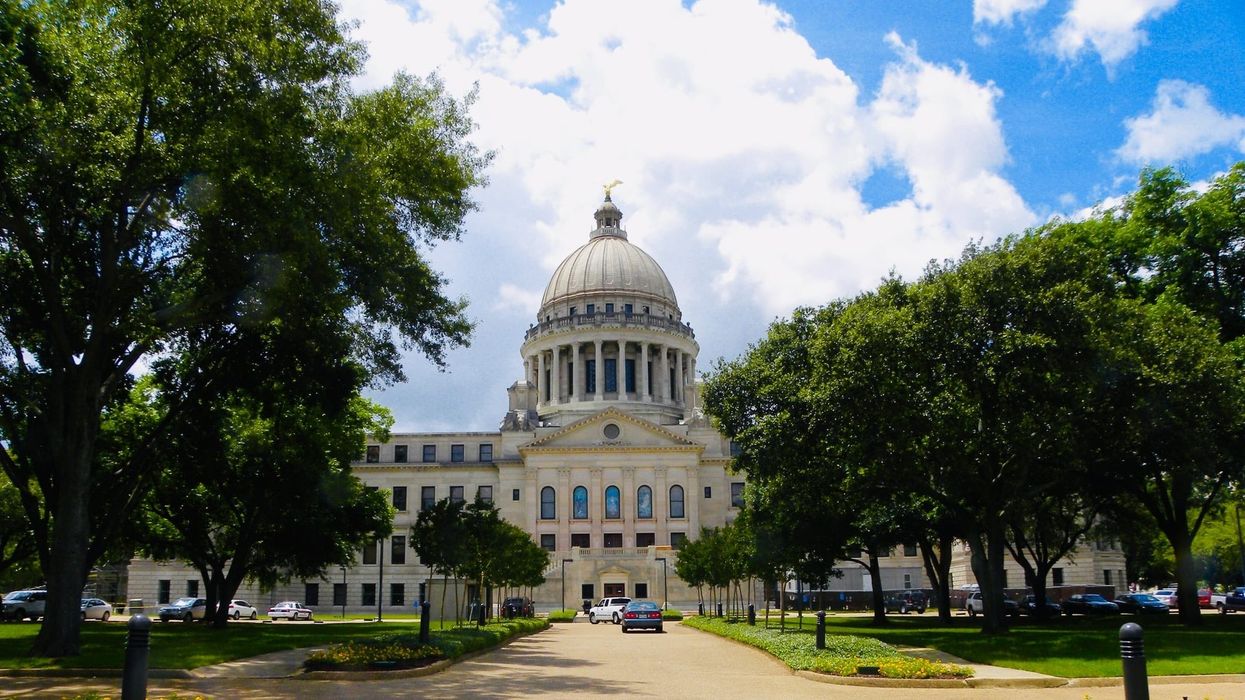

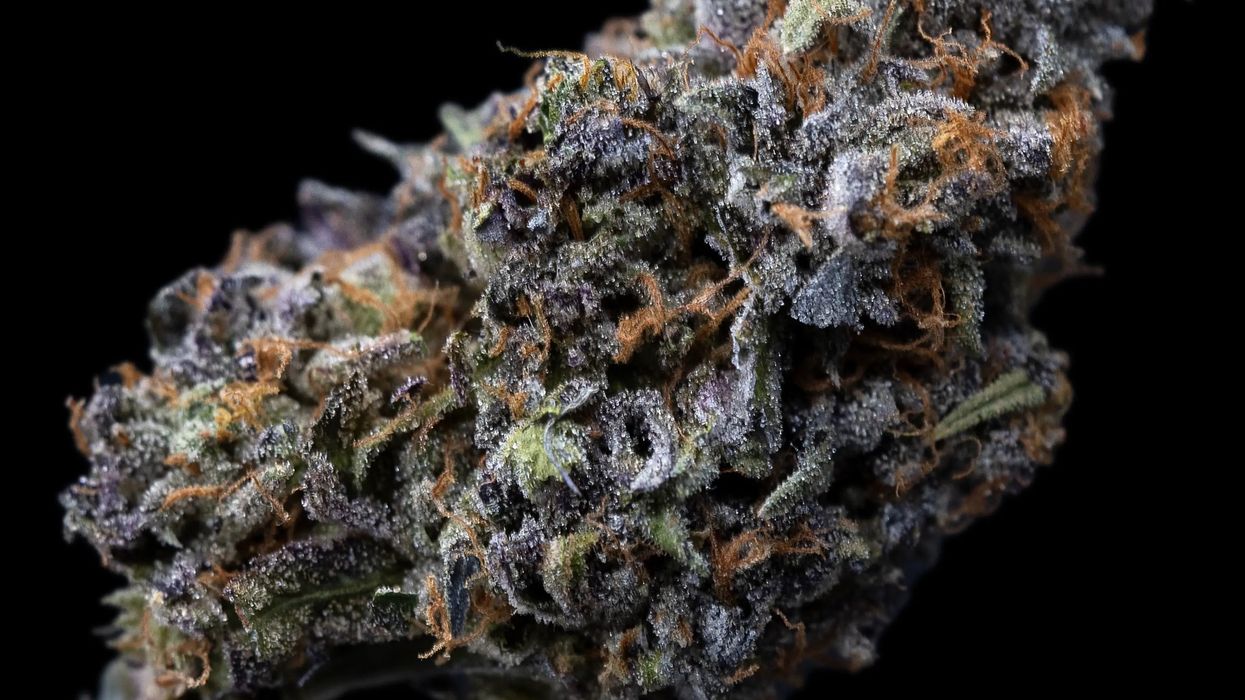

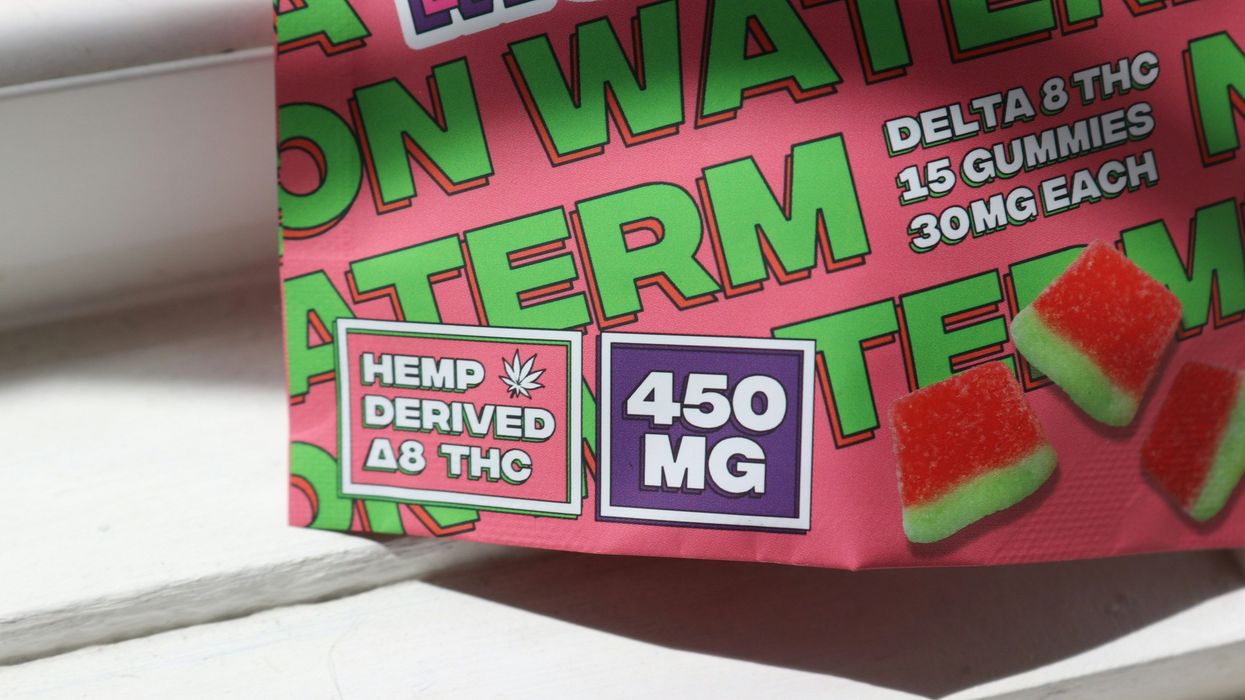


 When it comes to pricing, cultivation methods matter - The Bluntness
Photo by
When it comes to pricing, cultivation methods matter - The Bluntness
Photo by 


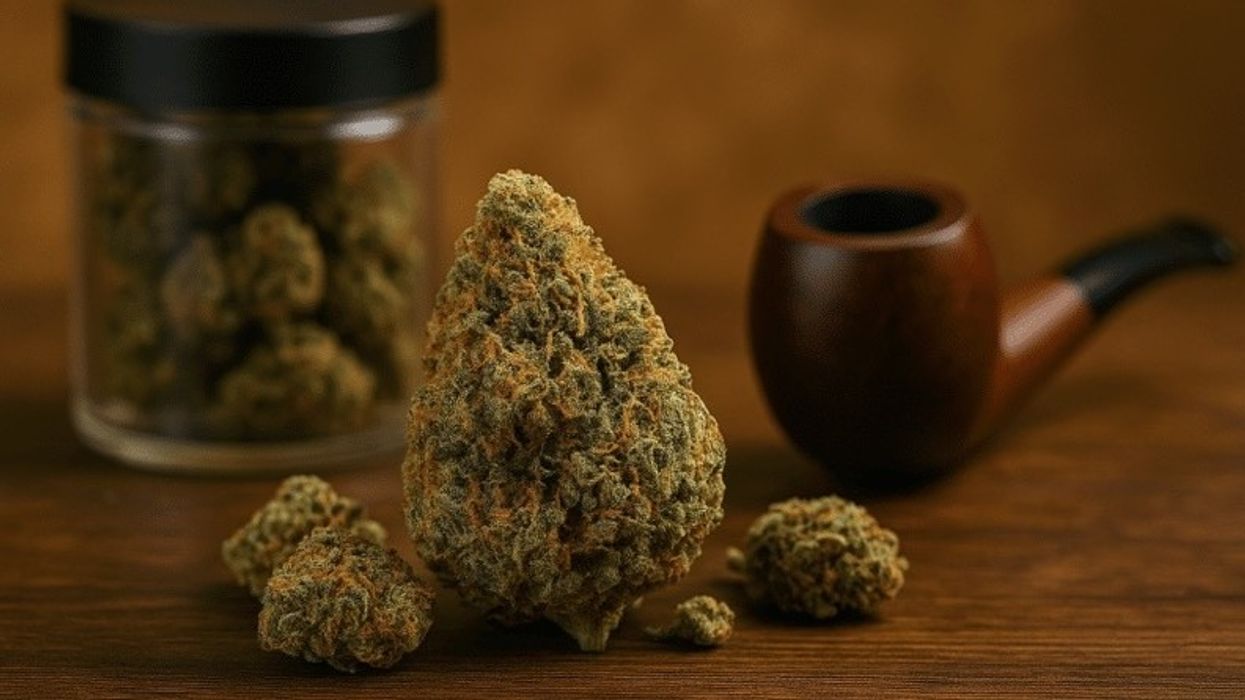




 High-THC Weed Explored - The Bluntness Photo by
High-THC Weed Explored - The Bluntness Photo by  High-THC Weed Explored - The Bluntness Photo by
High-THC Weed Explored - The Bluntness Photo by  High-THC Weed Explored - The Bluntness Photo by Maria Fernanda Pissioli on Unsplash
High-THC Weed Explored - The Bluntness Photo by Maria Fernanda Pissioli on Unsplash 
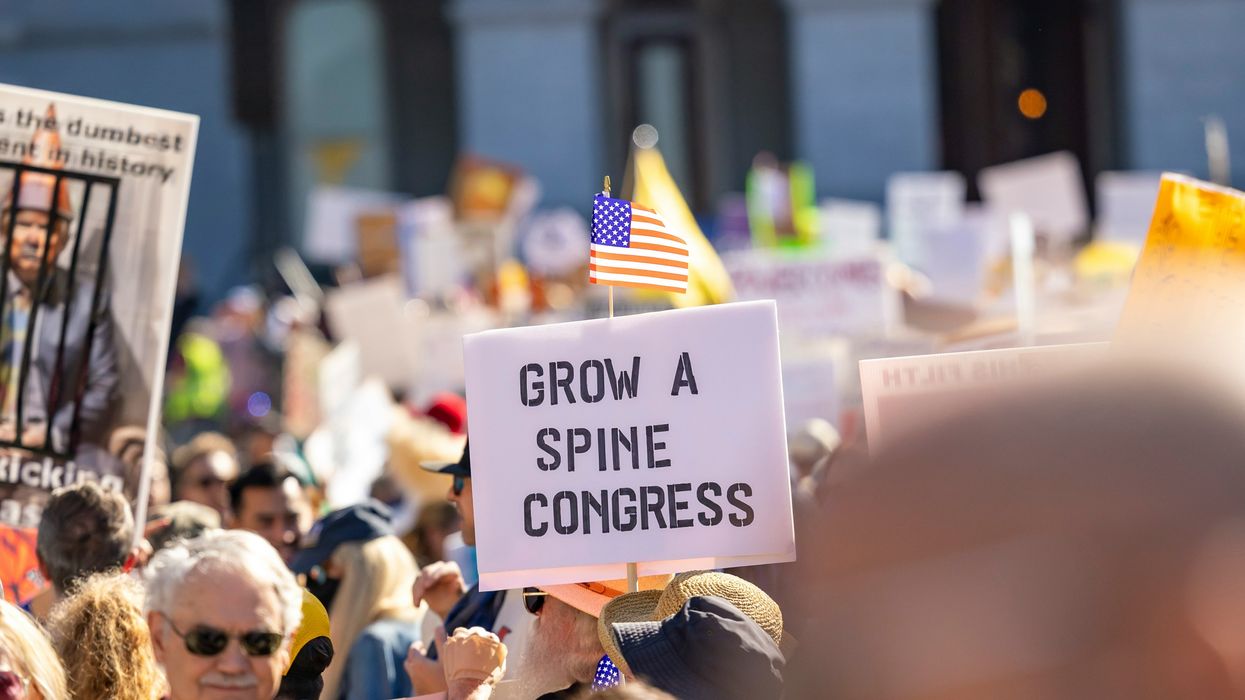
 The Proposed Hemp Ban That Would Destroy a $28 Billion Success Story - The Bluntness Photo by
The Proposed Hemp Ban That Would Destroy a $28 Billion Success Story - The Bluntness Photo by